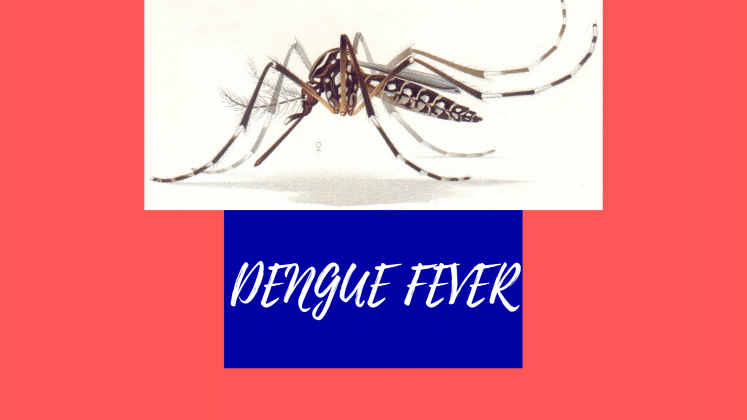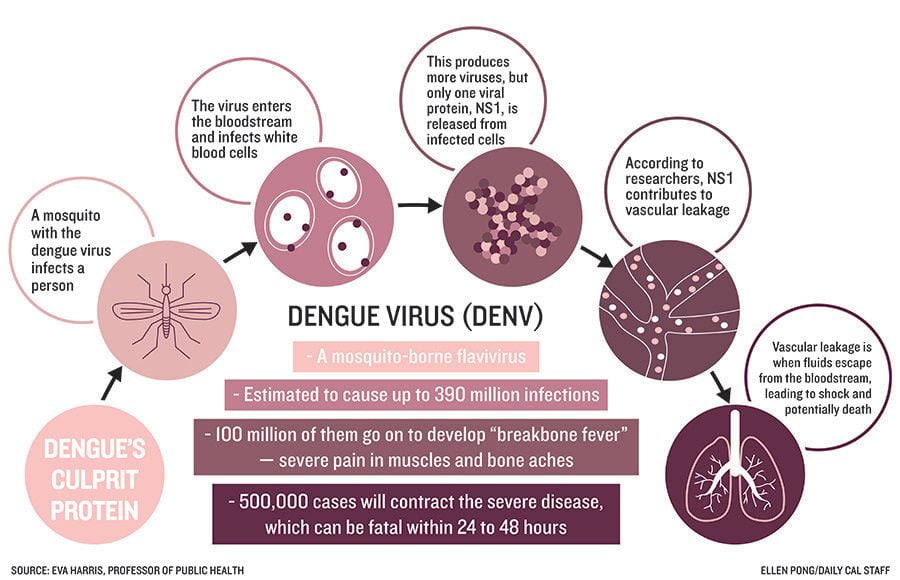How Dengue can affect you and your family-What you need to do to prevent it
Table of Contents
What is Dengue Fever?
Dengue fever is a viral disease spread by the bite of mosquitoes, more specifically by the Aedes Aegypti variety.
Monsoons have arrived in India bringing with it much needed relief from the summer heat, but along with rains the common diseases like the Dengue Fever.
With the Covid-19 pandemic now under control in most parts of the world, and the rains arriving in India, and the mosquito index rising in some parts of the country, there are chances that Dengue Fever may again resurface after quite a lull.
In the first 2 weeks of June 2022, I got to see three cases of Dengue fever. Not to mention that even I was a victim of the same disease.
Cause of Dengue fever-
With the rise in population in most of the developing countries and lack of hygiene and cleanliness, there has been a rise in the mosquito population as well. Dengue is caused by a daytime biting mosquito called Aedes Aegypti [as shown below]. They carry the dreaded flavivirus called the dengue virus and there are four varieties that can cause the disease in varying severity.
Shown below is a nice graphic presentation By Dr. Eva Harris a Professor in Public Health that explains how the Dengue virus is transmitted and how it affects the human body.
Having viewed the visuals above, you will have a fair idea as to what to expect in dengue.
Signs and Symptoms of Dengue Fever-
Patients of dengue complain of
- severe body-ache [so called breakbone fever] along with
- abdominal cramps,
- vomiting,
- sometimes rash all over the body [due to leakage of fluids],
- diarrhea, etc.
Here are 2 Case studies of patients that visited me to help you understand Dengue Fever better [Read Here]
Investigations for Dengue
I recommend blood tests as well as urine test to rule out dengue and to know the progress of the disease. These are-
- CBC.
- Urine routine and microscopic.
- NS1 antigen test [mostly positive from the 2nd day of fever]. NS1 antigen is a protein released by the dengue virus which is the main cause of destruction and damage caused to the cells of our body. This is one quick test to determine if the patient is suffering from dengue.
How to interpret the tests-
Now let us analyze each test one by one to know what to expect in Dengue Fever-
CBC(Complete blood checkup)-
CBC may show a
- A rise in hemoglobin level and red blood cell count [also called hemoconcentration]
- A decrease in platelet levels. This may cause
- Internal bleeding anywhere in the body,
- Bleeding through the nose leading to a condition called Dengue hemorrhagic shock and if not treated properly, ultimately leading to death.
- A decrease in white blood cell count-called leucopenia can cause a lowering of immunity to any disease.
- There can be seepage of plasma, that is, leakage of fluid from the tissue cells into the space surrounding the cells leading to severe dehydration.
Urine analysis
This may show a rise excretion of body proteins-particularly Albumin-an indication of impending acute kidney failure.
Treatment
As with any other viral disease, for e.g. like the Covid-19 disease, there is no specific treatment to treat Dengue Fever.
There are also no vaccines so far to prevent it. We doctors treat symptoms like fever, headache, body ache, vomiting, dehydration.
We also monitor the progress on a day-to-day basis and if symptoms are not improving, the patient is referred for the hospital admission.
What should you do if you suspect Dengue Fever in one of your family members?
If you are suspecting dengue fever or are living in an area infested with Aedes Aegypti Mosquitoes, you should visit your family physician/healthcare personnel for treatment.
Never try to treat Dengue fever on your own- you may end up with fatal complications [elaborated below in the complication section].
Treatment is primarily to
- Correct dehydration by having oral fluids and/or I.V. fluids like glucose, saline, electrolytes, etc. if there is vomiting.
- Antiemetics are given to reduce/stop vomiting.
- Paracetamol is given to control the temperature.
The patient is encouraged to have a regular diet, as there is a loss of appetite due to fever, vomiting, and the disease itself.
In case of severely lowered platelets [normal range 1.5 t0 4.5 lakhs per deciliter of blood], your attending physician may consider transfusion of platelets [ if it goes below 15000/deciliter of blood].
Complications of Dengue Fever-
Dengue Hemorrhagic Fever [DHF]-
This is a very severe form of Dengue fever. This appears after a lull of 5 to 7 days wherein the patient feels well. Suddenly after the lull, the patient becomes very ill and prostrated. He goes into delirium and may go into a coma (unconscious state).
Laboratory Tests-
All the tests mentioned above have to be carried out along with some additional tests as shown below –
Liver function test
- Liver enzymes like SGPT, SGOT, etc. are very high, suggesting liver damage.
- Serum bilirubin and urobilinogen (popularly known as bile salts and bile pigments) are very high, giving rise to jaundice.
Chest X-ray-
This can show the accumulation of fluids in the lungs and pleural cavities (pleural effusion) which can hamper patients breathing ability.
Ultrasonography of Abdomen (USG)-
USG is a test that can reveal-
- Hepatomegaly- that is, enlarged liver
- Splenomegaly- that is enlarged spleen [the spleen is popularly known as the graveyard of blood cells. With a lot of RBCs getting destroyed, spleen works overtime to scavenge these dead cells thereby increasing its size].
- Ascites- accumulation of fluid in the abdominal cavity due to seeping out of fluids from the blood vessels.
- Acute Kidney failure- there is damage to the kidneys due to dengue infection.
Treatment-
The condition of the patient suffering from Dengue Hemorrhagic fever is serious. There is a severe loss of blood platelets due to the dengue virus.
This causes bleeding in various parts of the body like-
- The eyes (the sclera- white part of the eye- is blood-tinged)
- Stomach – showing fresh blood in vomitus
- Kidneys- urine shows RBCs.
- Lungs- causing blood to be coughed out.
This causes multi-organ failure and eventually, the death of the patient.
Taking into consideration all these features, the DHF patient has to be shifted to a hospital with an Intensive Care Unit (ICU) and has to remain there until full recovery.
Can we prevent dengue-
Yes, we can—both malaria and dengue mosquitoes breed in water ponds which are unattended. So, see that there are no water collections near your home.
Conclusion-
One thing to remember:- malaria mosquitoes bite in the night and dengue mosquitoes in the daytime.
Here are are a few items that you should consider keeping in your home during the monsoon season –
1.Mosquito Repellant- I use this at my home. It is very effective to keep mosquitoes away.
2. A mosquito net- those who are allergic to the smell of mosquito repellants can use a net to cover the bed.
3. A mosquito repellant vaporizer with liquid.
I use the above gadget and the vaporizing liquid in my house to keep the mosquitoes away and have peaceful sleep at night.
To know more about Dengue fever, you can visit these sites-
I hope you have found this article useful as it tells you what to look for and how you should treat or prevent Dengue fever.
I would be very happy if you could bookmark this article on your browser, so that you can visit it any time you need to read it.
This article will be followed by a series of monsoon related diseases like-
- Malaria,
- Leptospirosis,
- Chikungunya, and
- Typhoid fever.
If you have found this article useful, do share it using the social media icons at the bottom or by clicking the quote below-
Stay Healthy, Stay Safe- Prevent Dengue Fever Share on X





